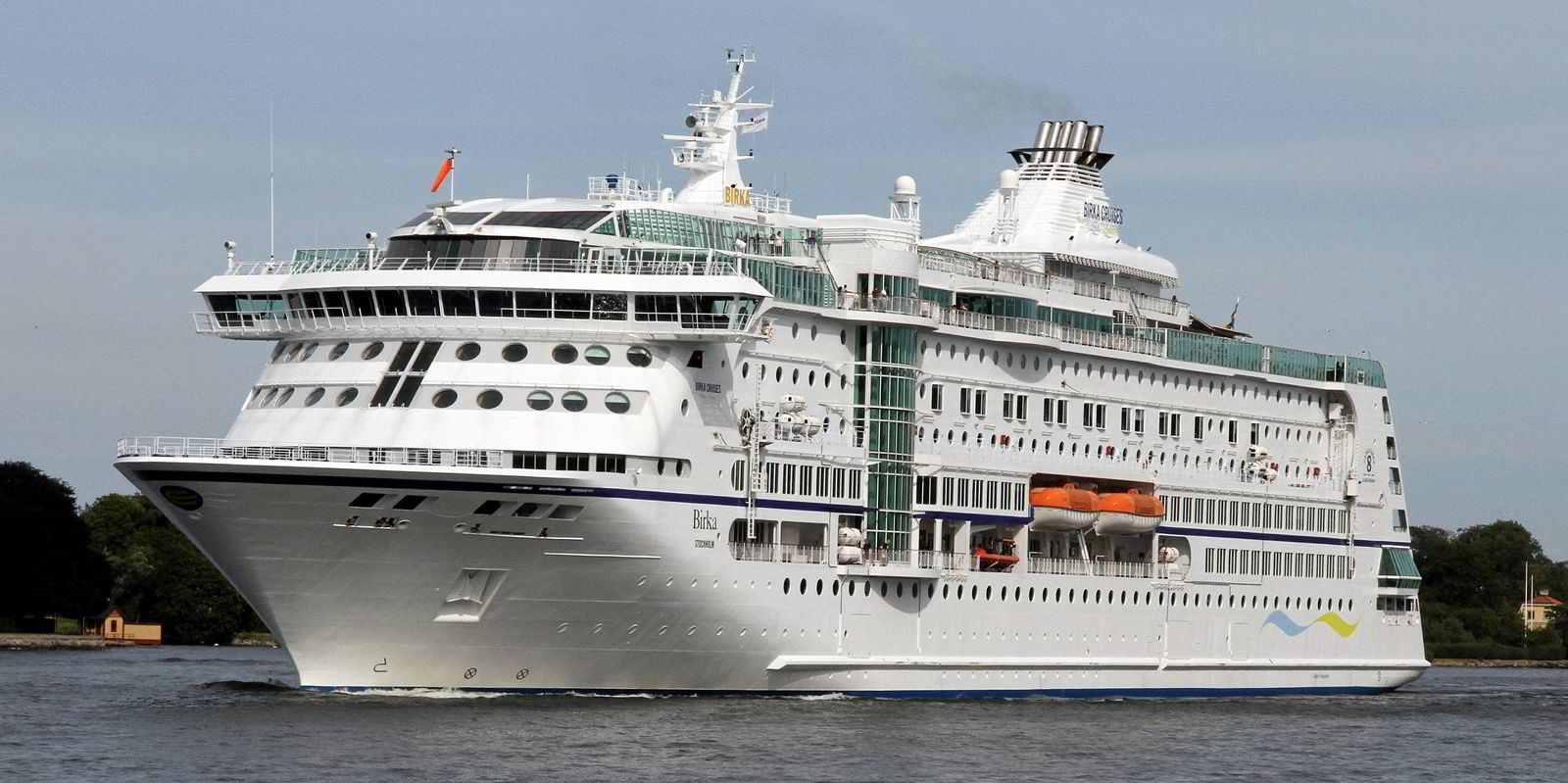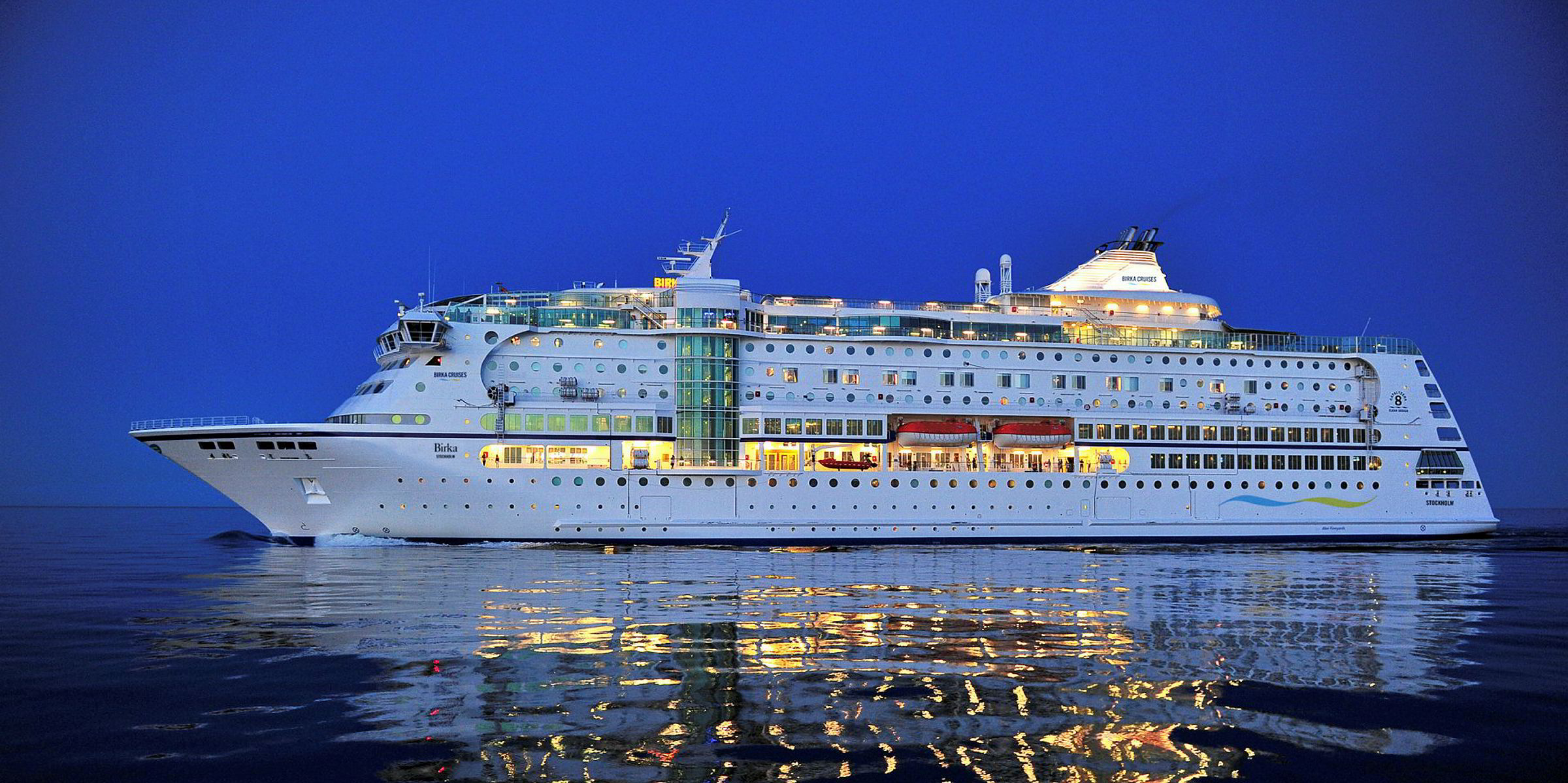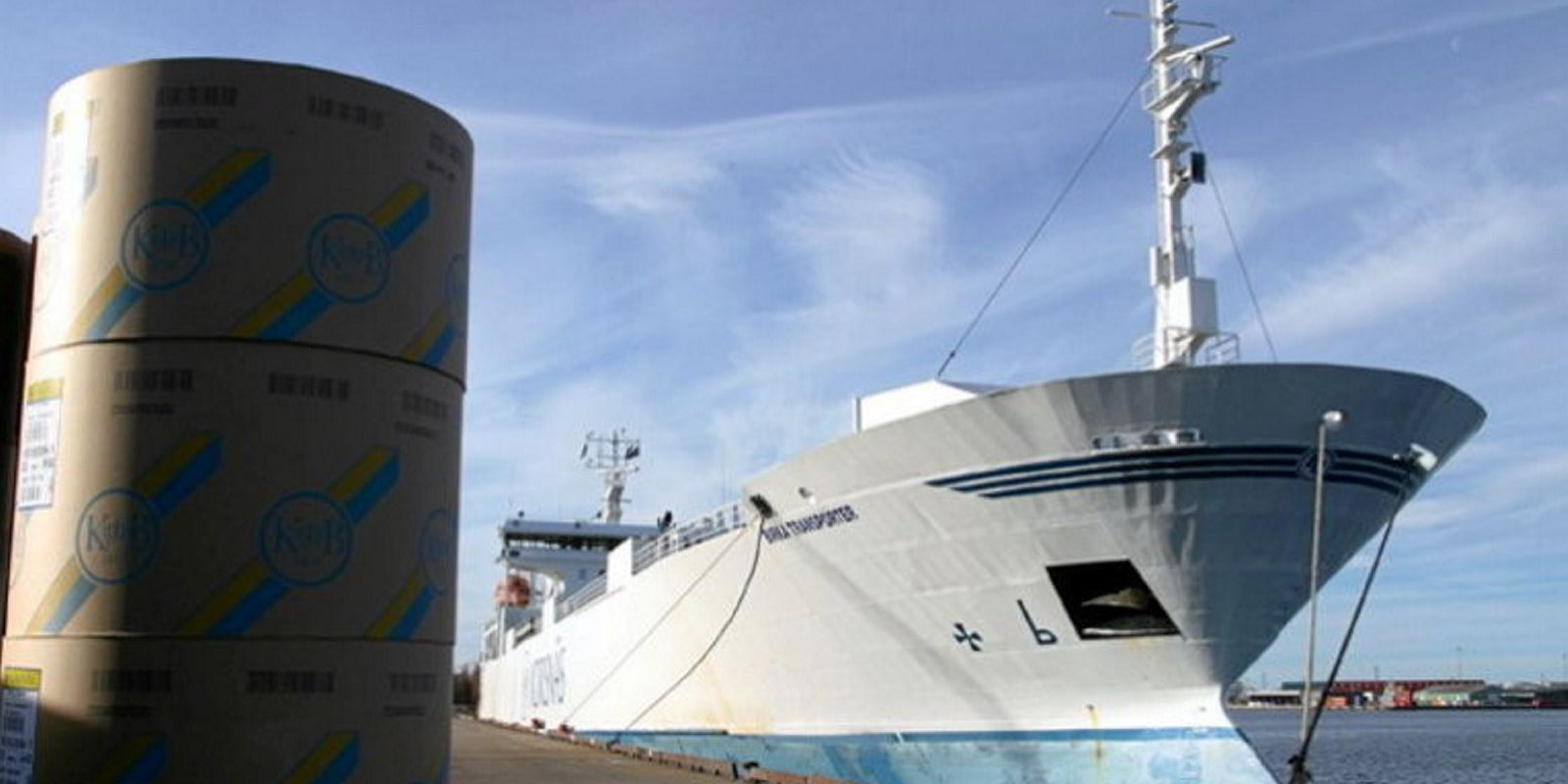Sweden’s Gotlandsbolaget is launching a new cruise operation in the Baltic, acquiring a cruise ship from Finland’s Rederiaktiebolaget Eckero.
Gotlandsbolaget revealed on Monday that it has bought the 34,900-gt, 1,800-passenger Birka Stockholm (built 2004) for approximately EUR 38m ($42m).
The company, best known for its ferry Baltic ferry services that are operated under the Destination Gotland and Hansa Destinations brands, said the Birka Stockholm will launch a new short-duration cruise service between the ports of Stockholm, Mariehamn and Visby.
Cruise operations will start in the spring of 2024, and the work to develop the cruise organisation will begin immediately.
“Birka Stockholm is a purely passenger ship, and we see great opportunities for her to complement the Gotland traffic. In 2022, we continued to streamline our fleet to focus on infrastructure and future shipping. With Birka Stockholm, we are further consolidating our position in passenger shipping in the Baltic Sea,” said Gotlandsbolaget chief executive Hakan Johansson in a media statement.
The cruise service will be operated by subsidiary Destination Gotland, whose chief executive Marcus Risberg said there was a market for this type of short cruise in the Baltic, and traffic to Visby for parts of the year will further strengthen interest.
“Visby has become an increasingly attractive cruise port, and we see it as a great opportunity to both develop our business and create new reasons to visit Gotland. For Gotland residents, this means an increased number of departures for those who have more time and do not have a car with them, or want to take a pleasure cruise,” Risberg said.
The Birka Stockholm was operated by Eckero’s Swedish cruise subsidiary Birka Cruises until Covid-19 brought cruise operations to an abrupt halt.
Birka’s pre-pandemic profit margins were described as being small, the cruise company was shut down in July 2020 and the ship put on the sales market.
Brokers at the time described the vessel as a “difficult sell” due to it being purpose-built for 22-hour cruises between Stockholm and Mariehamn.
The design of the ship’s passenger accommodation and hotel facilities have more in common with a cruise ferry than a conventional cruise ship. The high-density cabins are small, and without the open balconies that are deemed vital for cruise ships operating tropical itineraries.
The ships also lacks storage capacity for long cruises.
On the plus side, it is ice-classed and equipped with zero-discharge waste treatment systems for operating in ecologically sensitive areas.
Risberg said the cruise start-up will result in new job opportunities under the Swedish flag.





